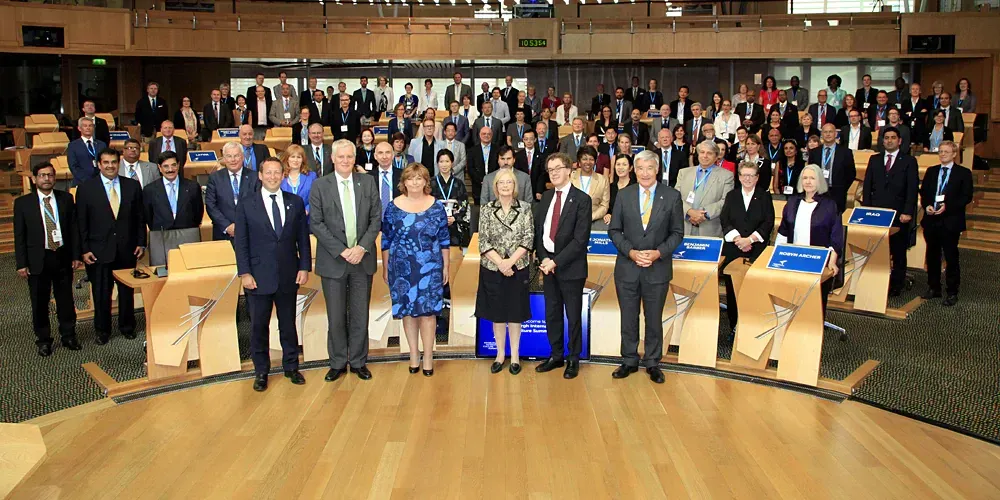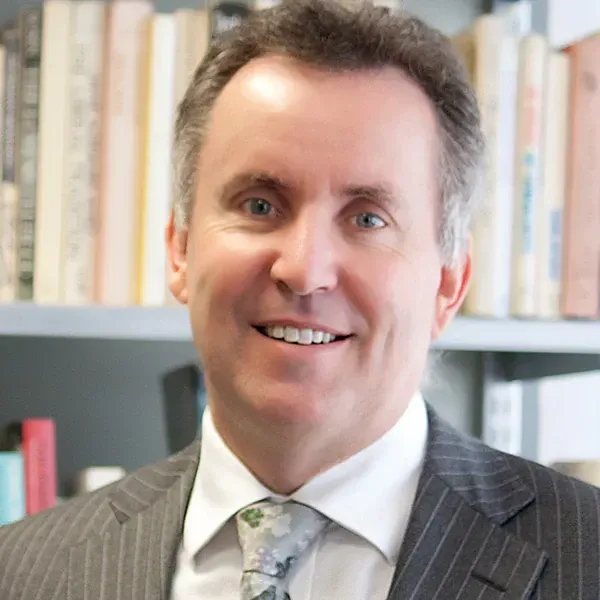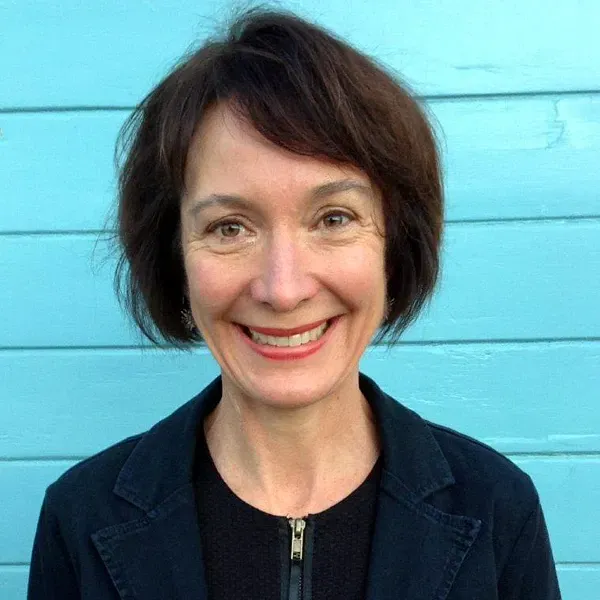Culture, economics and policy
Written by

A ‘currency of trust’ was the focus of an international culture summit in Edinburgh in August. The NZ delegation at the summit share their reflections on culture, economics and policy with Dione Joseph.
* * *
New Zealand has had a remarkable presence in Edinburgh this year.
Not only across seven major festivals but also at the second Edinburgh International Culture Summit in August where Ministry for Culture and Heritage chief executive Lewis Holden, led the New Zealand delegation. In between sessions Holden and Maree Brown, Cultural Diplomacy International Programme manager, found time to have a quick chat on the summit’s proceedings.
“As the last stop on the global bus-route we often struggle with certain questions back home and a perennial for us as New Zealanders is how do we describe, maximize and measure the value of culture," says Holden.
"But more specifically in light of the commemoration of the First World War we are focused on questions of how do we think about identity and nationhood within a contemporary context – and then you come to this summit and discover that those same questions are the basis for the conversation right here halfway across the world.”
With the emphasis of this year’s summit on developing a ‘currency of trust’ it seems appropriate that of the 25 delegations who gathered this year to explore, debate and expands the role of arts in policy making, New Zealand’s delegation were active members of the conversation bringing unique perspectives and gaining insights to foster new relationships.
“Coming to this cultural summit forces you to question how you value culture,” explains Holden, “And equally are the means that you using appropriate? How do you strike the right balance between inclusive and exclusive approaches? Being able to get that opportunity to hear perspectives from 30 other countries and some great world leaders, thinkers and academics is a wonderful opportunity.”
Brown, who also is responsible for providing guidance at a strategic level for Creative New Zealand, found Simon Anholt’s concept of the Nations Brand Index both interesting and provocative: “His concept (based on Nation Branding first published in 1998) highlights how PR and marketing doesn’t work but what counts is the integrity and selflessness that nations demonstrate in what they do. It’s about actually being ‘good’ and that reflects changes in policy not branding in the terms of advertising so within that context broadcasting how good they are to others is exactly the opposite of what will work.”
Insights such as these from Anholt and others, including one whom Holden describes as a ‘seemingly dry accountant from the London School of Economics' highlight how invigorated the conversation has been despite its deceptive appearance of a gathering of suits.
“We have people here from a range of backgrounds,” says Holden, “And on one hand we hear about the metrics of value and then we have beautiful musical interludes which remind us not only why we are here but also how we can gain a common understanding of what is of value.”
“We’re often seduced by what is measurable and what is the short-term,” adds Brown, “But the longevity of our arts and cultural practice, and in turn the policy making decisions that we need to develop to sustain those practices, require us to increasingly look at having collaborations and co-productions. Not just in one or two countries but in potentially two, three and even four countries to facilitate a mass exchange of ideas and that’s cultural diplomacy.”
Having spent much of his career in economic policy working for the NZ treasury Holden has a firm conviction that “the enemy of culture is not economics - the enemy of culture is bad economics” and he explains this further by saying:
“Economics is about maximising welfare of people. While there are direct contributions that culture makes to the economy (whether through tourism or employment) it is important to recognise that such visible indicators are part of that value composition - but they’re certainly not the entirety. However, having said that it doesn’t mean you cannot talk about that value within an economic framework.”
As a nation that is distant, and in comparison, much smaller than many others it is vital, both Holden and Brown argue, that as New Zealanders we are “focused and intentional about the way in which we set out to engage our audiences”.
Especially at large scale festivals like the Edinburgh Fringe with more than 3000 shows, both believe it’s important to place value on impact clustering to create a significant and recognisable space for New Zealand artists and their work.
But cognisant of the Edinburgh International Festival’s theme of war and conflict Holden believes that as new Zealanders “there are two major tributaries to the river that is our cultural consciousness. One is our understanding of culture and conflict (whether through participation in NZ wars, peace keeping or others forms multilateral engagement) and the other is the relationship between the Crown and Maori. Both create dialogue, debate and great art”.
While these two sources are certainly reflected in a number of works in the festivals, as both Holden and Brown acknowledge, there are a plethora of different voices and expressions that contribute to the multiplicity of New Zealand’s identity. One of which Brown identifies as a desire to travel the world.
“Kiwis want to engage with other cultures and new experiences and then come home – to talk about and respond to our sense of who we are in the larger context of the world – and that’s important because it contributes not just to our involvement at an international summit here in Edinburgh but the ability to continue the conversation back home.”
Returning to the subject of culture and its value as a "currency of trust" Holden highlights that “culture is not only accompanied by a quantitative value but also is by a sense of social responsibility."
He argues that “There has to be an implicit contract between a government institution and the artist - and this needs to be based on shared values and understandings rather than trying to prescribe a checklist which needs to be ticked off.”
As New Zealanders in Edinburgh, and part of a much larger contingent of more than 200 New Zealanders, both Holden and Brown are unanimous on one particular aspect of NZ culture, especially as members of NZ delegation:
“When at home you tend to think about what separates you - but when you travel and have the opportunity to be part of a much larger conversation then it really is what unites us as Kiwis, not just in terms of responding to policy or government or the arts - but in asserting an identity that is reflective of the people we are and where we come from.”

